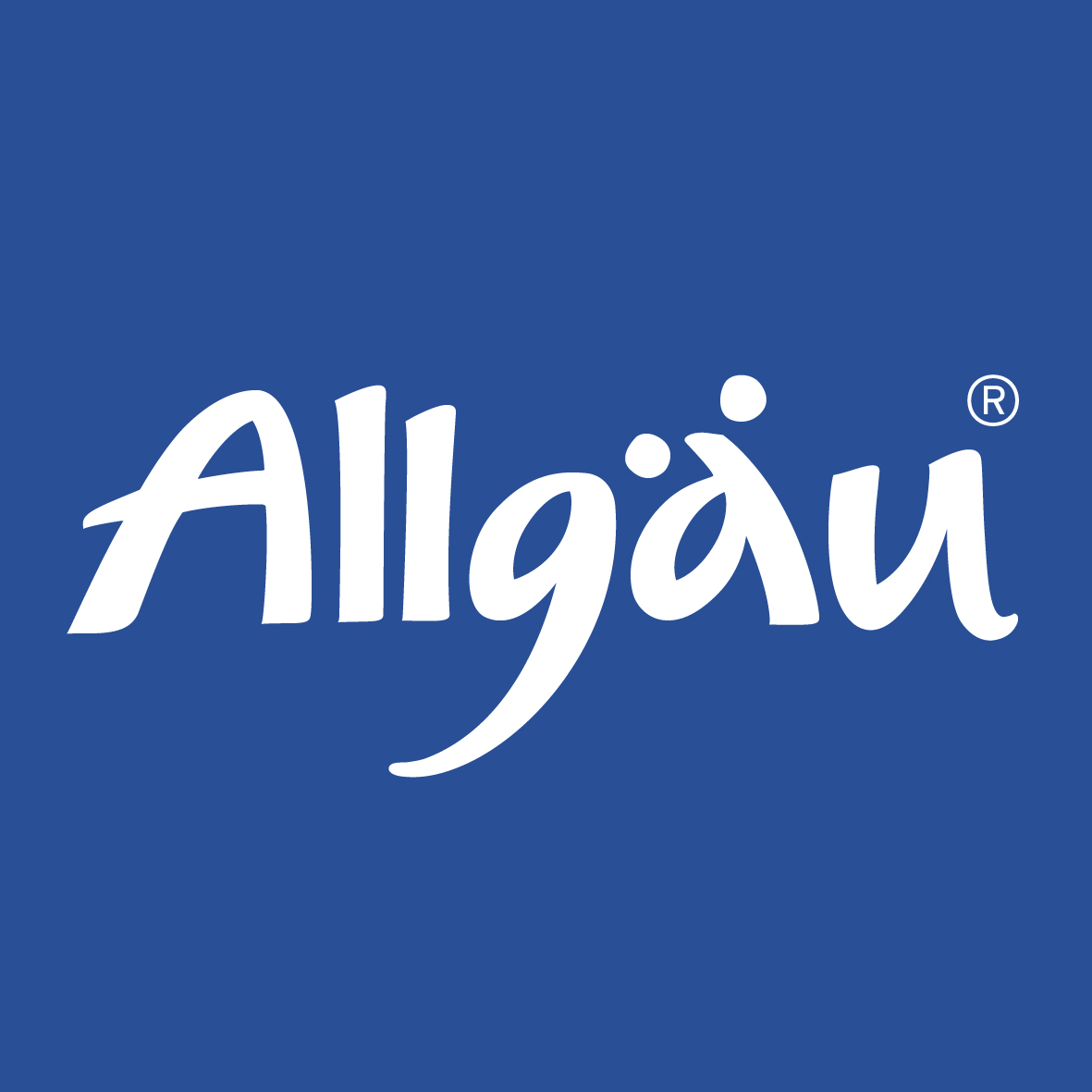Green spaces & wildlife management
At Memmingen Airport, we are actively committed to nature conservation. We therefore promote biodiversity and prevent wildlife strikes in particular.
To this end, we practise active wildlife management with the following measures:
- Active bird deterrence using falconers and bird control personnel with pyrotechnic ammunition, signal pistols and a mobile gas cannon – the bang scare device.
- Preventive bird deterrence through green space management and fence control as well as the installation of perches for birds.
We implement long grass management in accordance with a DAVVL biotope report, which was updated in 2023, and also repeatedly test alternatives such as short grass or rough pasture on specially created trial areas. When mowing the land, attention must also be paid to the management of the outer areas and the breeding status of the animals. The advantage of long grass is that the bird of prey cannot see its prey due to the long grass and dense grass cover. This makes the area uninteresting for them and they go in search of prey outside the airport. In spring, our employees mow up to 50 hectares of grass along the security fence. The grass is collected by the company Bitzer, Hawangen, and used in their biogas plant. We purchase the gas produced there again via Airport Energie Management GmbH – as part of a sustainable cycle. From spring to autumn, smaller areas (approx. 10 hectares) are mowed regularly, leaving the grass lying down. In autumn, the entire area (approx. 140 hectares) is mulched. Small, chopped green waste is left lying around and thus serves as a natural fertiliser. This mulch layer can thus improve the soil quality.
 Plan & BookFlight scheduleAirlinesTravel informationBook a flightFlyingDeparture & ArrivalCheck-inLuggageSecurity and passport controlBarrier-free travelGeneral AviationTransport & ParkingBy carParkingBus & TrainCar hire & taxiAt the AirportGastronomyShoppingFacilities & ServicesCompanies & BusinessCareersPressCompany portraitProperty & LettingResponsibilityAdvertising at the airportAircraft handling
Plan & BookFlight scheduleAirlinesTravel informationBook a flightFlyingDeparture & ArrivalCheck-inLuggageSecurity and passport controlBarrier-free travelGeneral AviationTransport & ParkingBy carParkingBus & TrainCar hire & taxiAt the AirportGastronomyShoppingFacilities & ServicesCompanies & BusinessCareersPressCompany portraitProperty & LettingResponsibilityAdvertising at the airportAircraft handling


















